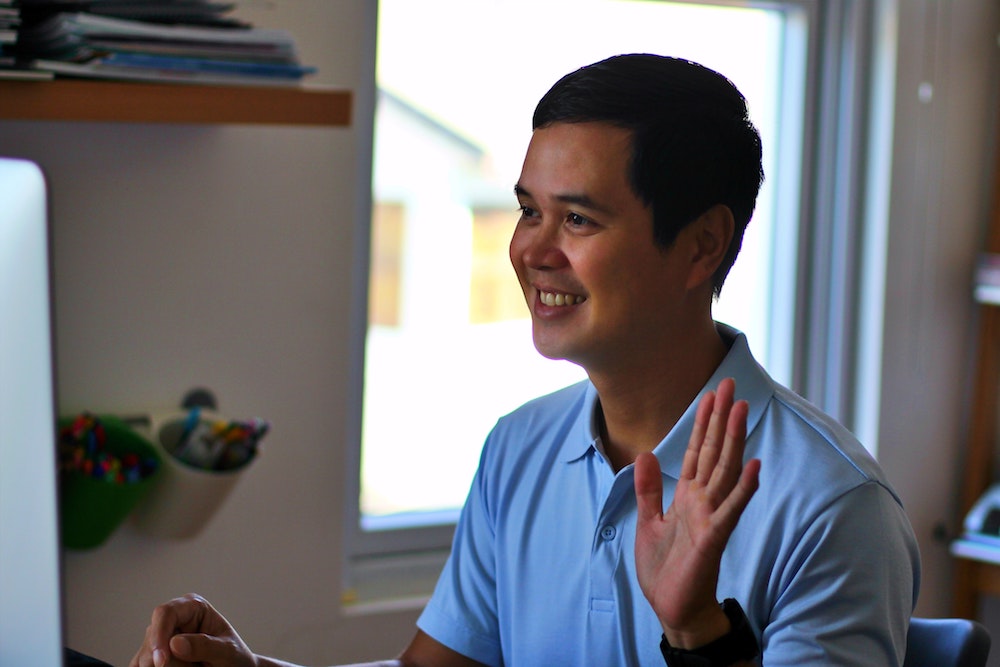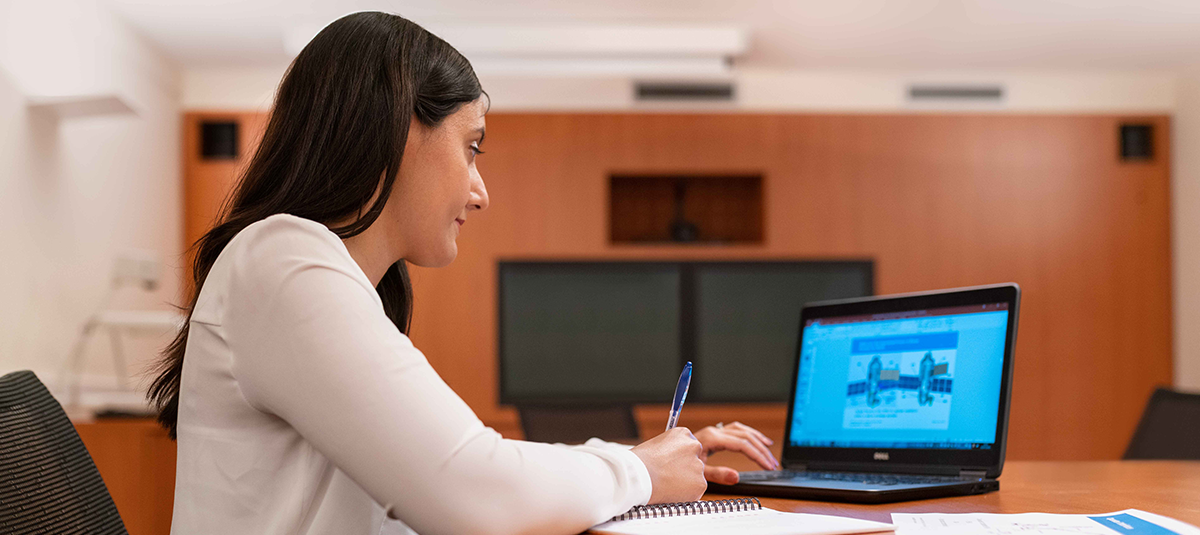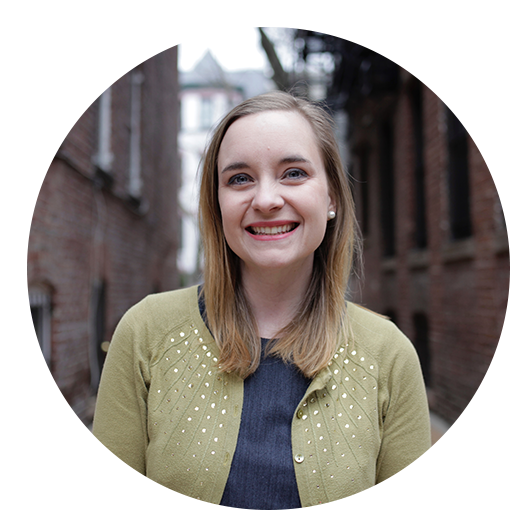Insights from Healthy Campus Awardees
Last month, COVID-19 left campuses scrambling to move operations online, including efforts to support the health and wellbeing of students. We recently spoke with five campuses that have earned the Active Minds Healthy Campus Award distinction to learn about how their campus teams are addressing student mental health in the short-term and in the long-term during and after COVID-19. Read on for the key emerging themes:
-
Moving services online
Most Healthy Campus Awardees are offering some form of telehealth during COVID-19. California State Long Beach (CSULB), The University of Texas at Austin, Santa Monica College, Kent State University, and the School of the Art Institute of Chicago (SAIC) have all quickly pivoted to move typically in-person services (i.e. intakes, individual counseling, group counseling, medication management, etc.) to phone and video counseling.
The counseling centers at UT Austin and Penn State University collaborated to help address the national confusion around licensure laws related to providing telehealth services to student clients who are out-of-state. The resource “For Mental Health Professionals: State-by-state guide to the rules/laws about telehealth services across state lines” provides information about each state’s laws regarding delivering telehealth for psychologists, social workers, professional counselors, marriage and family therapists, and psychiatrists. In its first week it has been downloaded over 5,000 times.

-
Meeting students’ basic needs
Santa Monica College has a significant food security program, delivering seven meals weekly to several hundred students and doing a weekly food giveaway for over 250 students who are food insecure. Their case manager and food security social worker are in full swing getting services to students where they are.
The Dean of Students office at Kent State has put together emergency resource funds for their students that are in need of immediate help with food, clothing, shelter and safety issues. The call for applications launched just last week and within hours, completed applications flooded in. The university continues to pay all student employees even if they are not able to perform their jobs remotely, preventing them from losing those financial resources, and they refunded more than $14 million in housing, meal plans, and parking fees to their students.
-
Providing workshops and discussion groups
Several campuses are also providing or working towards providing weekly mental health workshops. CSULB also has a robust workshop and group therapy program, including their weekly online workshops are focused on skill-building for getting unstuck, managing anxiety, and building healthy relationships. Their Disability Services office also continues to provide group support for students on the autism spectrum. Kent State offers daily virtual meditation to more than 50 students via video. The University of Texas at Austin is offering several COVID-19-specific discussion groups for students who are looking for a supportive environment to discuss the impact that COVID-19 is having on their lives. Campuses are exploring online platforms and external consultants to provide closed captioning services for these offerings.
-
Clearly communicating the college/university’s response
Kent State University has put together a number of resources to help their students and their community and displayed them on one webpage for all vital information and links.
-
Supporting marginalized students
CSULB emphasized the importance of supporting certain populations such as international students and LGBTQ students who have a need for continuing support and a sense of community. They provide drop-in facilitated online spaces for Latinas, LGBTQ students, pregnant and parenting students, international students, first generation students, dreamers/DACA students, and Black women.
-
Infusing wellbeing into the curriculum
Because all courses are now being taught online at UT Austin, the center created health and well-being modules that faculty can imbed into their online courses. These modules provide education and strategies for students to help manage social connections, mental and physical health, and relationships all specific to this moment in time. Faculty are able to copy an entire module including video presentations, resources, readings, activities and discussions into their already-existing courses in any discipline.

-
Elevating student-led organizations’ activities
At Santa Monica College, Active Minds and other student groups continue to meet regularly on video and participate in activities together.
-
Showing empathy and compassion to students
SAIC stressed that they are working to remain available to students and to provide empathic and compassionate support and care in the same ways they always have: by providing counseling and psychotherapy, crisis response, consultation, and mental health outreach and programming. The challenge continues to be learning how to show empathetic support remotely, across state and national borders and time zones.
Join us on April 23 to learn from more campuses!
On April 23, Active Minds will host a webinar with Healthy Campus Awardees on: Supporting a Healthy Campus Community during COVID-19. Join us to learn more about how campuses are planning for student mental health during COVID-19 both in the short-term and in the long-term. Register here.




